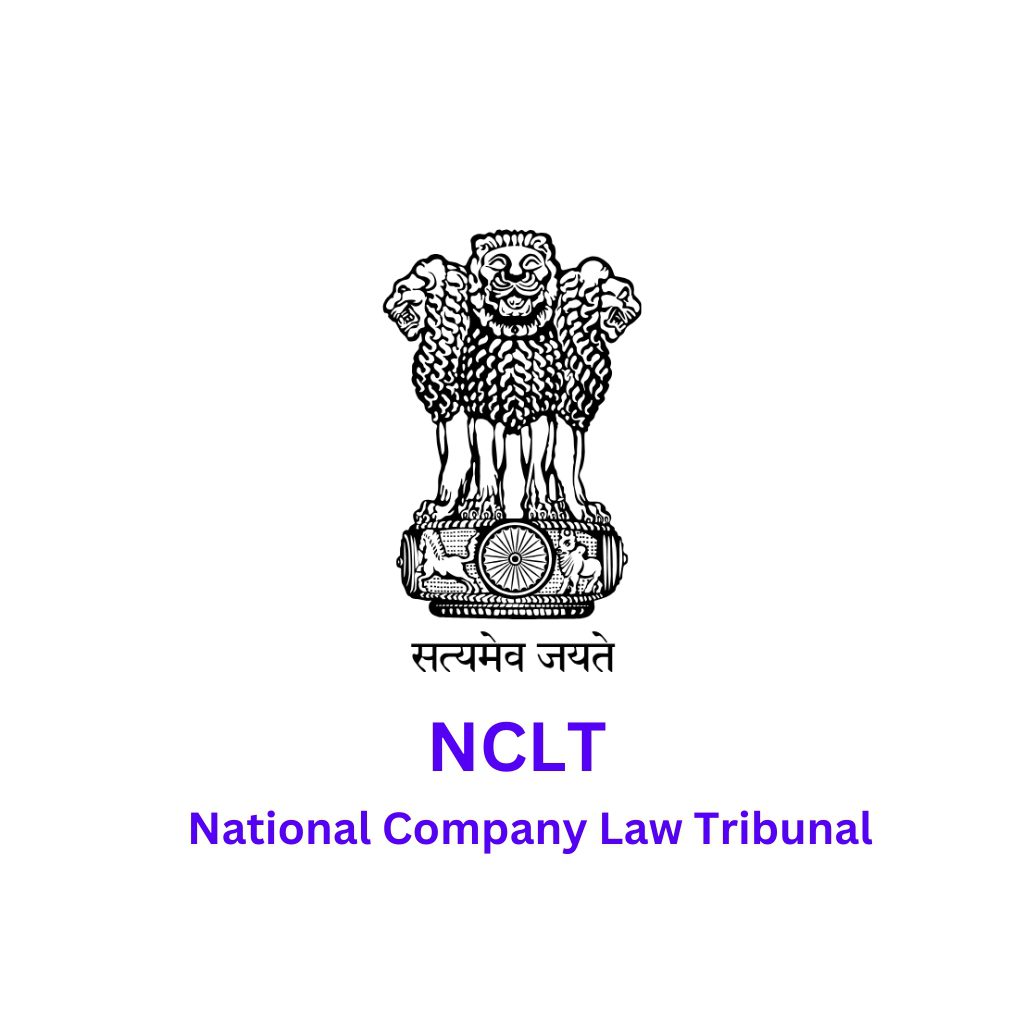| Type | Description | Contributor | Date |
|---|---|---|---|
| Post created | Pocketful Team | Jul-19-24 | |
| Add internal link | Nisha | Mar-01-25 |
Read Next
- SEBI Action on Jane Street: Impact on Indian Markets
- What is Personal Finance?
- Military Wealth Management: Strategies for Growing and Preserving Your Assets
- India’s Republic Day 2025: Honoring the Nation’s Defense Achievements
- 10 Essential Financial Planning Tips for Military Members
- How Do You Apply for PAN 2.0 Online and Get It on Your Email ID?
- 10 Best YouTube Channels for Stock Market in India
- LTP in Stock Market: Meaning, Full Form, Strategy and Calculation
- 15 Best Stock Market Movies & Web Series to Watch
- Why Do We Pay Taxes to the Government?
- What is Profit After Tax & How to Calculate It?
- Budget 2024: Explainer On Changes In SIP Taxation
- Budget 2024: F&O Trading Gets More Expensive?
- Budget 2024-25: How Will New Tax Slabs Benefit The Middle Class?
- Semiconductor Industry in India
- What is Capital Gains Tax in India?
- KYC Regulations Update: Comprehensive Guide
- National Pension System (NPS): Should You Invest?
- Sources of Revenue and Expenditures of the Government of India
- What is Securities Transaction Tax (STT)?
- Blog
- national company law tribunal
What is National Company Law Tribunal?

When there is a dispute between two people, they appear in court and lay out their case. The judge passes a judgment based on the law. However, have you ever considered what a corporation would do if there were a dispute with another corporation? The National Company Law Tribunal (NCLT) has been established to settle disputes between companies.
In this blog, we will explore NCLT in detail and understand its functions.
What is NCLT?
The Companies Act of 2013 established the National Company Law Tribunal, or NCLT, as a special court to handle business-related disputes. NCLT doesn’t handle criminal cases for violations of the Companies Act. The NCLT has several benches around the nation and, thus, provides a simpler way for corporations to resolve their problems.
The Justice Eradi Committee recommended the creation of the National Corporate Law Tribunal as a quasi-judicial entity to handle insolvencies and malpractices of Indian companies. The tribunal was established on 1 June 2016 under Section 408 of the Companies Act, 2013.
Objective of NCLT

NCLT plays an important role in protecting the rights of all stakeholders and aims to achieve the following objectives:
- Its primary goal is to resolve disputes involving companies through its numerous benches across India.
- NCLT assists businesses in streamlining their insolvency procedures.
- NCLT protects the rights of all stakeholders and promotes a business-friendly environment.
- It ensures restructuring processes follow the regulations and are in the interest of stakeholders.
Functions of NCLT
The major tasks performed by NCLT are as follows:
- Registration of Companies: The NCLT is authorized to settle disputes about company registration. It has the authority to cancel a company’s registration at any moment and hold members accountable for not meeting legal requirements.
- Class action: It prevents companies from engaging in activities outside the Memorandum of Association (MOA) and Article of Association (AOA). A class action can be filed against both private and public companies.
- Transfer of Shares: The NCLT handles complaints about company shares and securities transfers. NCLT intervenes if a company refuses to transfer securities.
- Deposits: Since the NCLT was established, they have handled all deposit-related matters. Disgruntled depositors now have the option to sue the corporation and seek compensation for any acts that affect their rights as depositors.
- Investigation: Based on the application of 100 members, the NCLT has the complete authority to look into any matter about the corporation. An individual can also convince NCLT to look into the matter even if they have no connection to the business. An investigation can be launched in India or around the globe.
- Asset Freezing: According to section 221 of the Companies Act of 2013, the NCLT is authorized to freeze the company’s assets and can initiate investigations.
- Conversion of Company’s Status: Sections 13 to 18 of the Indian Companies Act 2013 state that a company may only change from a public limited company to a private limited company after the NCLT’s approval. In addition, section 459 of the Companies Act 2013 permits the NCLT to impose further requirements.
Benches of NCLT
The NCLT operates across India through its various benches –
| National Company Law Tribunal (NCLT) Benches | Jurisdiction |
|---|---|
| NCLT Ahmedabad Bench | State of GujaratUnion Territory of Daman and DiuUnion Territory of Dadra and Nagar Haveli |
| NCLT Allahabad Bench | State of Uttar PradeshState of Uttarakhand |
| NCLT Amaravati Bench | State of Andhra Pradesh |
| NCLT Bengaluru Bench | State of Karnataka |
| NCLT Chandigarh Bench | State of HaryanaState of PunjabState of Jammu and KashmirState of Himachal PradeshUnion Territory of Chandigarh |
| NCLT Chennai Bench | State of Tamil NaduUnion Territory of Puducherry |
| NCLT Cuttack Bench | State of OdishaState of Chhattisgarh |
| NCLT Delhi Bench | Union Territory of Delhi |
| NCLT Principal Bench | |
| NCLT Guwahati Bench | State of Arunachal PradeshState of AssamState of ManipurState of MizoramState of MeghalayaState of NagalandState of SikkimState of Tripura |
| NCLT Hyderabad Bench | State of Telangana |
| NCLT Indore Bench | State of Madhya Pradesh |
| NCLT Jaipur Branch | State of Rajasthan |
| NCLT Kochi Bench | State of KeralaUnion Territory of Lakshadweep |
| NCLT Kolkata Branch | State of West BengalState of BiharState of JharkhandUnion Territory of Andaman and Nicobar Islands |
| NCLT Mumbai Bench | State of GoaState of Maharashtra |
Advantages of NCLT
The advantages of NCLT are as follows:
- It serves as a specialized court for corporate disputes, which results in quick resolution of the disputes.
- NCLT consists of judicial and technical members to give a fair judgment on the dispute.
- It has multiple branches and helps reduce the time to resolve disputes.
- NCLT encourages better corporate governance and protects stakeholder’s interests.
Read Also: National Pension System (NPS): Should You Invest?
Conclusion
In conclusion, the National Company Law Tribunal was established on 1 June 2016 to settle business-related conflicts like insolvency and other corporate concerns. It has various branches across the country, resulting in quick dispute resolution. It helps businesses by giving them a better working environment and also safeguards the interests of the stakeholders. However, the decisions of NCLT can be challenged in the National Company Law Appellate Tribunal, which can be further appealed in the Supreme Court of India.
Frequently Asked Questions (FAQs)
What is NCLT?
National Company Law Tribunal, or NCLT, is a specialized court that handles various company-related disputes.
What does NCLT stand for in financial terms?
NCLT refers to the “National Company Law Tribunal”.
Where is the headquarters of NCLT?
Although the NCLT’s main office is in New Delhi, it has other benches all over India.
What is the difference between a court and a tribunal?
A court is a part of the conventional Indian judicial system and resolves criminal and civil cases. In contrast, a tribunal is regarded as an organization with the authority to function as a court on cases of special matters, such as issues linked to companies.
Can I file an appeal against the NCLT decision?
A challenge to any NCLT ruling may be made through the National Company Law Appellate Tribunal.
Who is the president of the National Company Law Tribunal?
Shri Ramalingam Sudhakar is the current president of the National Company Law Tribunal.
Disclaimer
The securities, funds, and strategies discussed in this blog are provided for informational purposes only. They do not represent endorsements or recommendations. Investors should conduct their own research and seek professional advice before making any investment decisions.
Article History
Table of Contents
Toggle